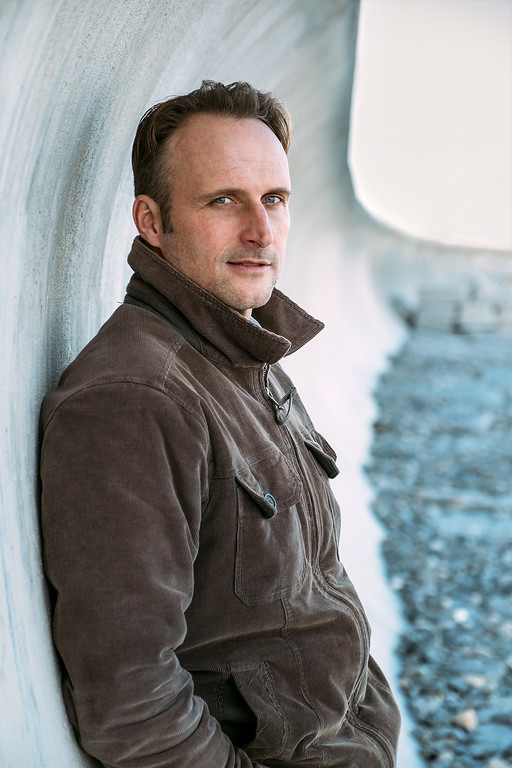SASHA BURSHTEYN interviews KYLE CARRERO LOPEZ

Recently published in The BreakBeat Poets Volume IV: LatiNEXT, Cuban-American writer Kyle Carrero Lopez holds an MFA in Poetry from NYU and is the co-founder of LEGACY, a production collective by and for Black queer artists.
Carrero Lopez is unapologetic about his poetic concerns. In this powerful interview, he explains how sonnets give him the ultimate space to practice his multitudes in a pressurized space, and the way anti-Blackness is provoked by capitalism, dangerous clothing, and cultural brutalization.
Sasha Burshteyn (SB): You have such a feeling for form in your collection MUSCLE MEMORY— “After Abolition” and “Inheritance” are both sonnets, and “(SLANG)UAGE” is in the Oulipian beautiful outlaw form. What draws you to these forms? What do you feel they offer your work?
Kyle Carrero Lopez (KCL): In the case of the sonnets, something about the compression really works for me. I appreciate that a sonnet demands a turn via the volta. It’s a pressurized space for those two poems. They’re intense poems as far as the subject matter, but I wanted to work with brevity in both, and so the sonnet felt like the right pot to put the poem in. Terrance Hayes has said that a sonnet is a room that you can scream into.







 This interview is the eighth in a new series, Writers on Writing, which focuses on craft and process. The series is part of The Common’s 10th anniversary celebration.
This interview is the eighth in a new series, Writers on Writing, which focuses on craft and process. The series is part of The Common’s 10th anniversary celebration.




 This interview is the seventh in a new series, Writers on Writing, which focuses on craft and process. The series is part of The Common’s 10th anniversary celebration.
This interview is the seventh in a new series, Writers on Writing, which focuses on craft and process. The series is part of The Common’s 10th anniversary celebration.




